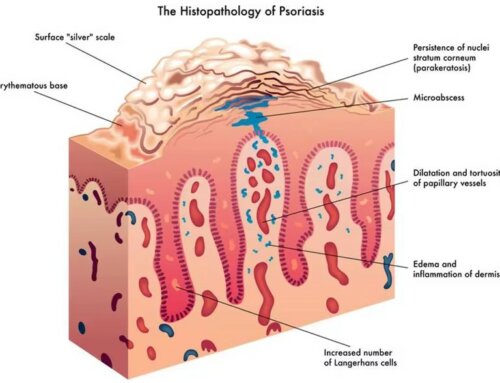Smoking is a bad habit for everyone and it can make diabetes far worse. Because nicotine is addictive, it can be difficult to kick the habit. Discover some helpful methods to quit smoking when you have diabetes.
- Nicotine is addictive because it raises dopamine levels, a “feel good” chemical that is released in our body to tell us we are doing something pleasurable. Nicotine also releases chemicals that make you feel energized and relaxed at the same time including epinephrine and endorphins. Despite these feelings, smoking is a dangerous habit. It can lead to lung cancer, heart disease and other health problems. Smoking cigarettes can double the likelihood of diabetes. Smoking, like diabetes, can raise your cholesterol levels and blood pressure. Insulin resistance or the inability to use insulin is increased by smoking, which makes it harder to control blood sugar levels. It is essential to quit smoking when you have diabetes for improved health.
- The first step to quit smoking is to set a date. For example, smokers may put off quitting until they get through a certain event or life experience. Setting a deadline makes you feel more accountable and limits your excuses to put it off. Share the date with your diabetes health care team and loved ones to get built-in support.
- Make it inconvenient to smoke. Get rid of the items you need to smoke, such as lighters and ashtrays. Go to places where you are not permitted to smoke, such as the library, stores, the movies or a museum. Spend time with friends who are also trying to quit the habit. Get rid of your supply and don’t stash extra cigarettes in places where they can easily be found.
- Take a deep breath and hold it for 10 seconds when you have a craving to smoke. Deep breathing can help you feel relaxed when you are stressed and ward off your desire to smoke. Try exercises that involve deep breathing, such as yoga and meditation. Instead of reaching for a cigarette when you feel stressed, perform simple exercises to unwind. Exercise, including Tai-Chi, resistance training and aerobics, also release feel-good endorphins. This may help you combat the urge to smoke and maintain a healthier weight.
- People often have a desire to eat more when they quit smoking. Some researchers refer to it as a need to engage in a hand-to-mouth habit. Reach for healthy foods such as crispy vegetables and fresh fruit rather than packaged, salty or sugary snacks that will cause your blood sugar to soar and add unneeded weight. When it comes to beverages, opt for water or decaf. Try to avoid soft drinks and coffee with caffeine, as well as alcohol, as they may increase the desire to smoke.
- If you need something to do with your hands, take up a new hobby rather than reaching for a cigarette. Try drawing, knitting or doing a puzzle to distract you. If you smoked at a certain time of day, change your behaviors. For example, instead of smoking during your lunch break, take a brisk walk instead. Make a phone call to keep yourself distracted.
- Get as much support as possible. Join a support group such as Nicotine Anonymous to help you quit the habit. Let your family and friends know you want to quit. Request their support and tell them to leave the room or area if you try to smoke.
- Give yourself a break. It can be tough to quit smoking. Start to quit again right after a slip-up and don’t use it as an excuse to give up completely. Be good to yourself and engage in activities you enjoy. Join the gym, take a class at the local community college or schedule a spa appointment.
- Smoking can lead to dry skin especially when you have diabetes. Wash with warm water and gentle soap; dry off completely with a soft towel. Follow washing by placing a foot cream on the bottoms of your feet, avoiding the areas between your toes. This will help ensure smooth skin without cracks and fissures which can lead to infections.
- Before you take any medications or supplements to help you quit smoking, consult with your doctor to avoid possible health complications or contraindications. Ask your health care team if nicotine replacement therapy is an option. Nicotine gum, lozenges, nasal sprays and patches are ways to curb cravings. Drugs that may help include Zyban and Chantix. These medications may have many side effects so weigh the benefits and risks. Talk to your doctor about electronic cigarettes. These too, may present unpleasant side effects. Acupuncture, which involves the painless insertion of thin needles in certain regions of the body, is another option. Check with your doctor to examine about all the possibilities to quit smoking.
It can be difficult to quit smoking, but the health advantages are well worth the effort. People with diabetes face even higher risks when they smoke. With planning and support, you can kick the habit and enjoy better health.







Leave A Comment